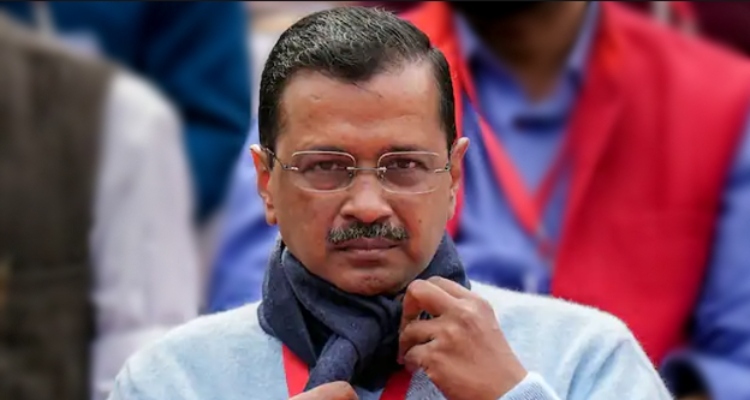
The Rouse Avenue Court on Friday extended the judicial custody of Delhi Chief Minister Arvind Kejriwal in the excise policy case till July 25, 2024.
Earlier today, the Supreme Court had granted the AAP convenor interim bail in the Enforcement Directorate (ED) case related to the excise matter.
Special Judge Kaveri Baweja extended Kejriwal’s judicial custody until July 25. He was produced via video conferencing from Tihar Jail. The court directed the ED to provide a copy of the supplementary charge sheet to Kejriwal’s counsel and the other accused.
National Secretary Pankaj Gupta and a party representative appeared on behalf of the Aam Aadmi Party (AAP) before the court. The accused, Vinod Chauhan, was also produced before the court. Another accused, Ashish Mathur, was granted bail on a bond of Rs 1 lakh. He was charged but not arrested by the ED.
Aam Aadmi Party (AAP)
On July 9, the court took cognizance of the supplementary charge sheet filed against Arvind Kejriwal and AAP, as well as the charge sheet against Vinod Chauhan and Ashish Mathur. The court had previously issued production warrants for Arvind Kejriwal, Vinod Chauhan, and AAP, and summoned Ashish Mathur through the Investigating Officer (IO). These are the seventh and eighth supplementary charge sheets in the money laundering case linked to the Delhi Excise policy.
The ED filed a supplementary prosecution complaint (charge sheet) against Arvind Kejriwal and AAP on May 17. Kejriwal was arrested by the ED on March 21. Another supplementary prosecution complaint was filed against Vinod Chauhan and Ashish Mathur on July 1.
Arrest of Other Leaders
In this money laundering case, the ED has arrested Manish Sisodia, BRS leader K Kavitha, Sanjay Singh, Arvind Kejriwal, and others, including businessmen.
Opposing Kejriwal’s bail plea, ASG SV Raju argued that there is evidence suggesting Kejriwal demanded a bribe of Rs 100 crore, which was allegedly funneled to the AAP for the Goa election campaign. Raju also argued that Rs 45 crore was sent by Vinod Chauhan to Chanpreet Singh through hawala dealers. Chanpreet Singh was managing the AAP’s Goa election campaign.
The ED, while seeking remand, submitted that Kejriwal was shown evidence of hawala transfers amounting to approximately Rs 45 crore, corroborated by CDR locations, call records, IT-seized data of a hawala firm in Goa, proof of payments in cash and via bills, and WhatsApp communications detailing this arrangement. Multiple statements from witnesses who worked on the AAP campaign in Goa, who received cash from Chanpreet Singh, were also presented.
ASG SV Raju argued that bribe money was sent for the Goa election via hawala transactions, and Arvind Kejriwal was in contact with Angadiya (hawala dealers). Raju stated that the bribe money, sent by Vinod Chauhan and received by Chanpreet Singh Rayat (handling AAP’s Goa election), was supported by evidence including a photo of matching notes found on Chauhan’s phone.
Raju also noted that Kejriwal was in contact with Chauhan through chats and acknowledged them, indicating proximity. It was further submitted that Rs 1 crore was recovered from Vinod Chauhan. Raju argued that Section 70 of PMLA applies directly to Kejriwal as he is in charge of AAP, which is considered a company under Section 70 of PMLA.




